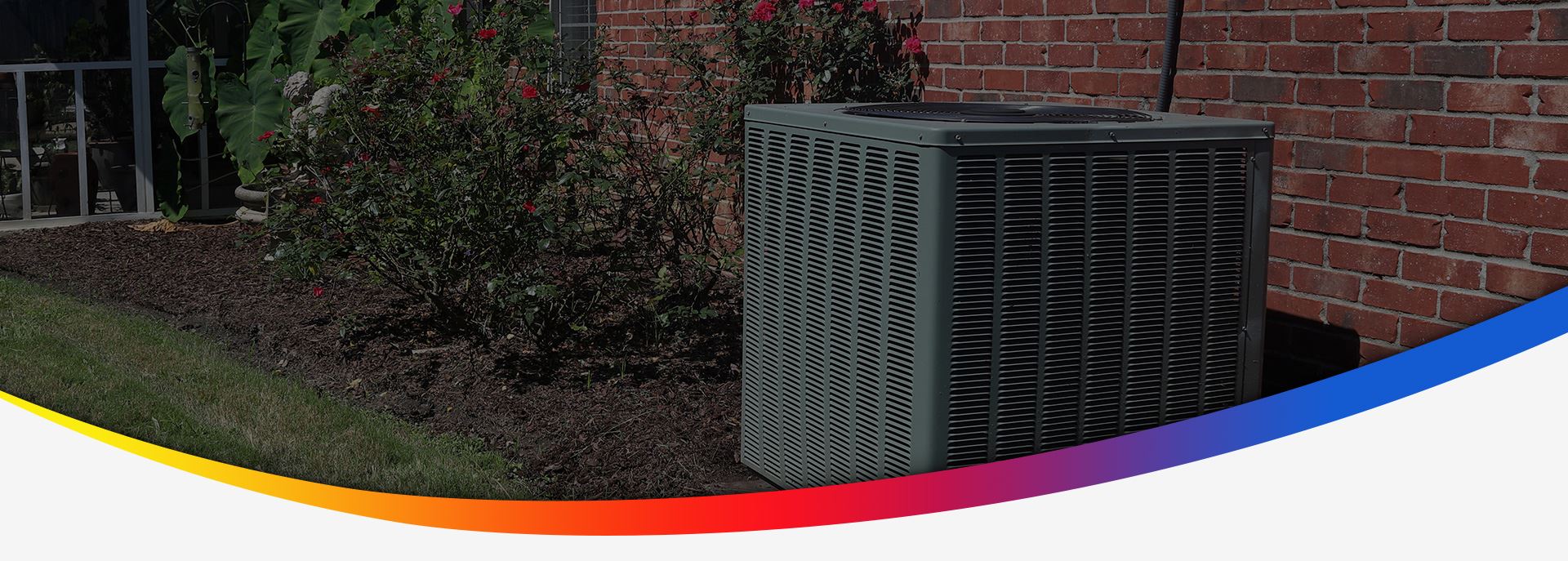We all know that plants are good for us. They provide oxygen, help us to relax, and can brighten up a room. Did you know that houseplants can also improve your indoor air quality? By filtering the air around them, these little leafy friends can help to remove toxins and pollutants from your home. Not only that, but research has shown that having plants in your home can reduce stress levels, improve concentration, and even boost your mood. In short, there are plenty of reasons to have more than one houseplant in your home, and our indoor air quality experts are here to tell you why.
How Do Houseplants Clean the Air?
We all know plants produce oxygen, but did you know that they also help filter harmful toxins and pollutants? That's right - houseplants are little air-purifying machines! One of the main ways they do this is by filtering the air around them. All plants, including houseplants, produce carbon dioxide as a by-product of photosynthesis, which is the process they use to convert sunlight into energy. During photosynthesis, plants also take in toxins and other impurities from the air and release clean oxygen. Houseplants produce oxygen for us to breathe, but they also help to rid the air of contaminants. Not only that, but they also help to increase humidity, which is beneficial for your skin and respiratory system.
What Kind of Impurities Are Found Inside My Home?
Formaldehyde and benzene are two common indoor pollutants that can be found in everything from cleaning products to carpeting, furniture, and paint. These pollutants link to many health problems, including respiratory disorders, headaches, and fatigue.
What Kind of Plants are the Best at Removing Impurities in My Home?
Not all houseplants are created equal when it comes to purifying the air. Some are better than others at filtering out certain toxins. For example, the Peace Lily is great at removing benzene, formaldehyde, and trichloroethylene from the air. The Snake Plant does an excellent job of filtering out nitrogen oxides, carbon monoxide, and formaldehyde. No matter what plant you choose, you can breathe more easily, knowing your air is fresher. Some of the best houseplants include:
- Bamboo Palm
- Boston Fern
- Chinese Evergreen
- English Ivy
- Gerbera Daisy
- Snake Plant
- Peace Lily
- Ficus Alii
How Many Plants Do You Need?
The answer may surprise you: just one plant per 100 square feet of space will do the trick! Of course, if you want more plants, feel free to add more. Just don't go overboard because too many plants can cause mold growth problems. Additionally, the pot your plant is in can also make a difference in how effective it is at purifying the air in your home. Terracotta pots are excellent because they allow the plant roots to "breathe." This helps them absorb more toxins from the air around them. If you're looking for an extra air-purifying boost, opt for terracotta pots over plastic or ceramic ones.
Bonus Tip
Make sure to keep your plants healthy! Dead leaves and stems can release harmful toxins back into the air, so regularly trim your plants and give them enough water and sunlight.
Your Indoor Air Quality Experts
If you need further assistance with indoor air quality, AirMasters Air Conditioning & Heating is here to help! Give us a call at (901) 295-4434 or contact us online and let us know how we can assist you.

